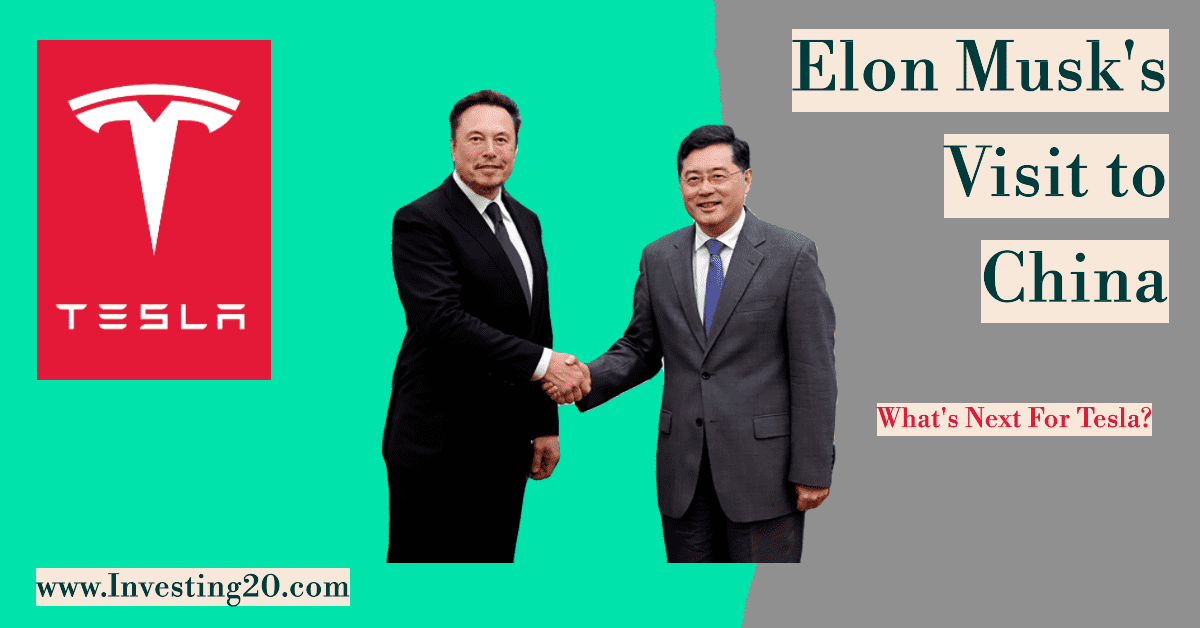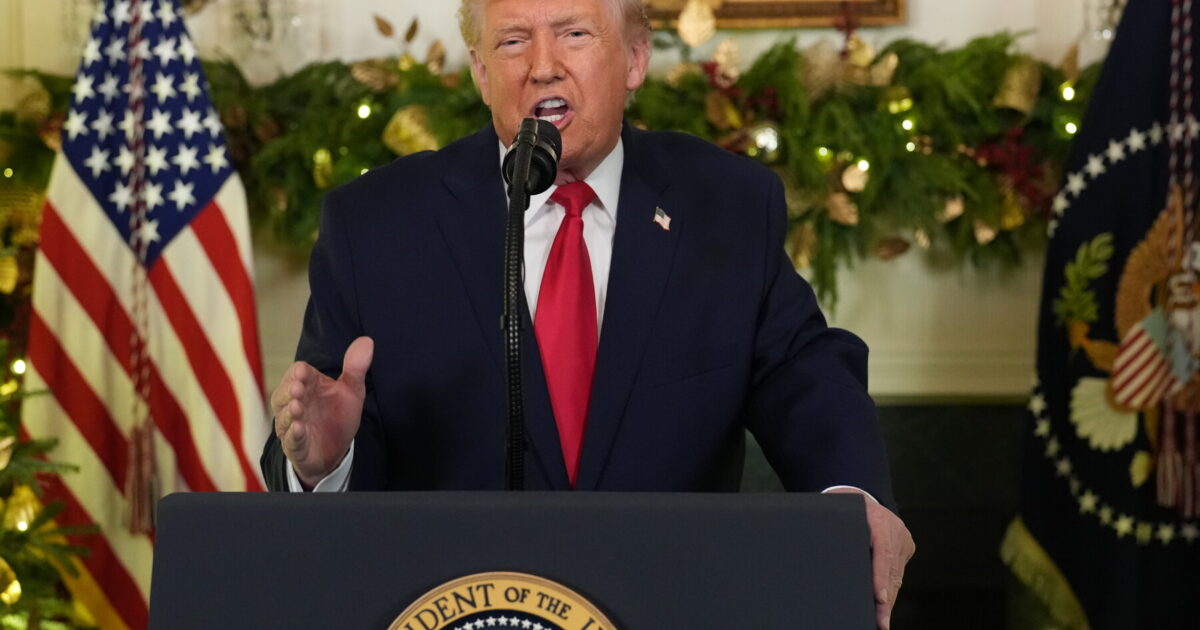Recent circumstances have led to Elon Musk’s visit to China since the Giga Shanghai launch ceremony in January 2020.
It would be really interesting to see as the world’s two largest economies, the United States and China, continue to drift apart, how this impacts Tesla’s future strategy.
The fear of adverse effects has prompted various firms to diversify their business operations or relocate to more favorable regions. To safeguard their interests, many organizations are also intensifying their lobbying efforts.
Tesla’s Reliance on the Chinese Market
China stands as Tesla’s most significant market outside of the United States, accounting for 22% of the company’s revenue. Moreover, the Chinese market plays a crucial role in the EV maker’s supply chain, contributing to over half of its global output.
Also, export controls, data security measures, and restrictions on sensitive technologies can significantly impact Tesla’s financial performance and future market share. The company previously faced restrictions, with Teslas being banned from Chinese military complexes and housing compounds in early 2021, a measure that expanded in 2022.
As Tesla’s vehicles incorporate cameras to collect driving information, extensive assurances need to be made regarding the use and security of this data.
Elon Musk’s Visit to China
During his visit, Elon Musk engaged with key Chinese officials to address concerns and strengthen relationships. Musk held discussions with China’s Foreign Minister Qin Gang, as well as the commerce and industry ministers.
Also Read: Why Nio is Down Today
He also had a dinner meeting with Zeng Yuqun, chairman of CATL, Tesla’s top battery supplier. These interactions aimed to foster cooperation and demonstrate Tesla’s commitment to the Chinese market.
What’s Next for Tesla?
Despite Tesla’s significant presence in China, the company faces stiff competition from domestic rivals such as BYD. Additionally, the EV price war, coupled with soaring rates on auto loans, poses further challenges.
Analysts are predicting a potential macroeconomic storm for Tesla in at least the near future.
Also, there has been indirect pressure from Elon’s other engagements on Twitter and SpaceX front as well. Fidelity Investments, a key financial backer of Musk’s $44 billion takeover of Twitter, has devalued its equity stake, stating that the platform is now worth only one-third of the acquisition price.
So all in all, Elon Musk’s visit to China is of great importance for its overall growth and success in the future. As the global economic landscape continues to shift, Tesla’s ability to adapt and overcome obstacles will be crucial in maintaining its competitive edge.




